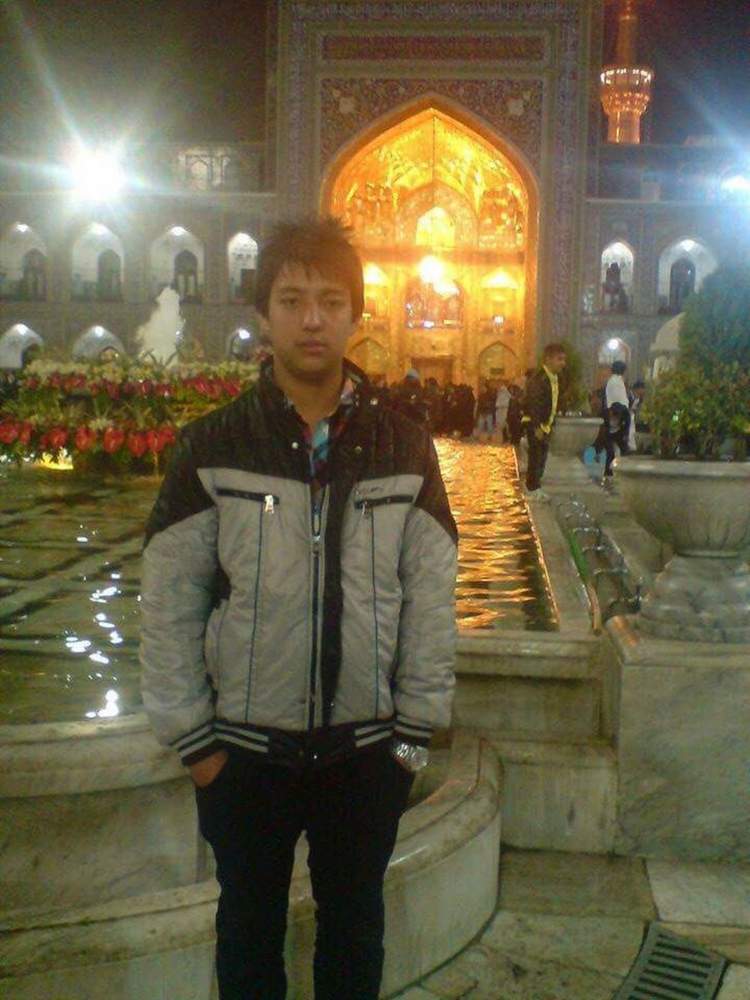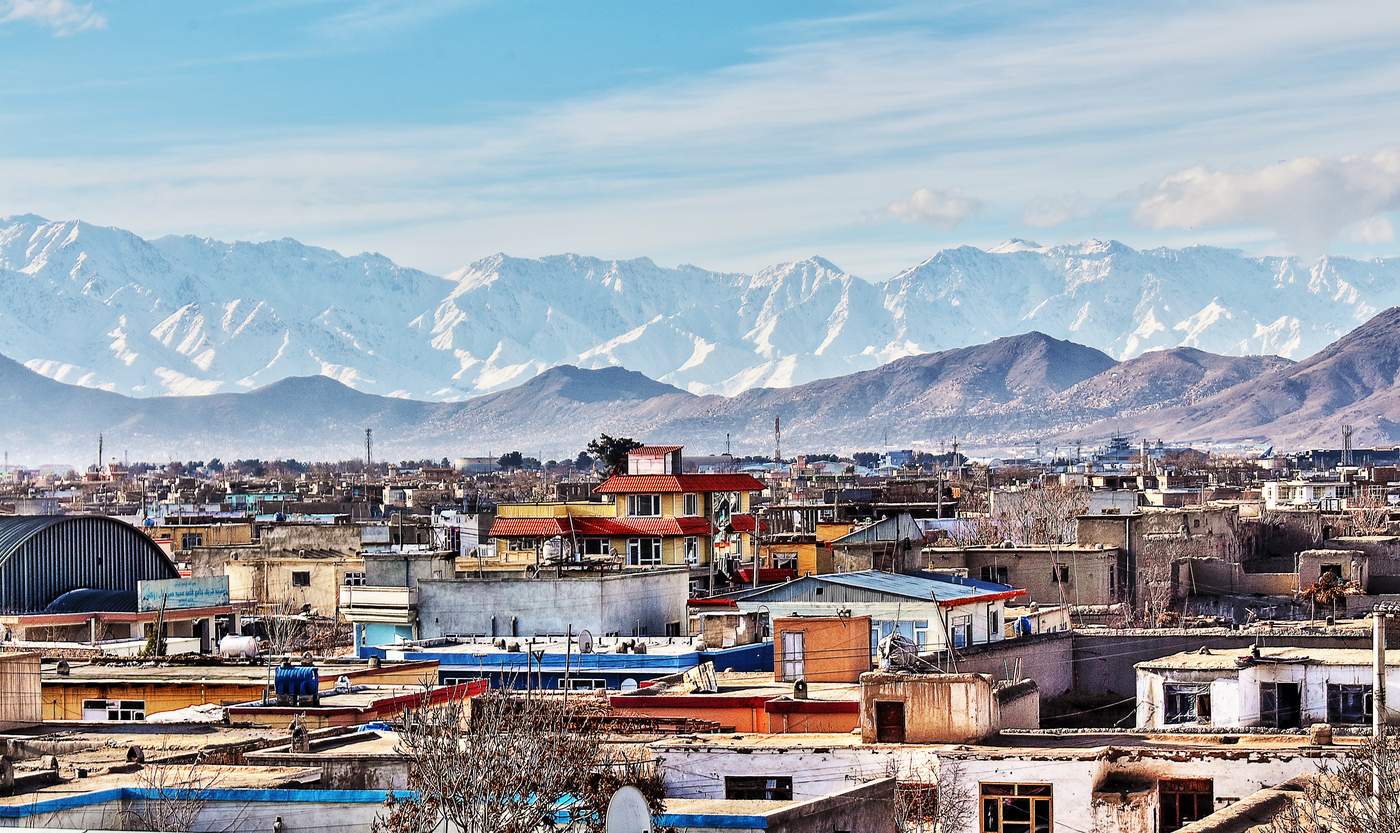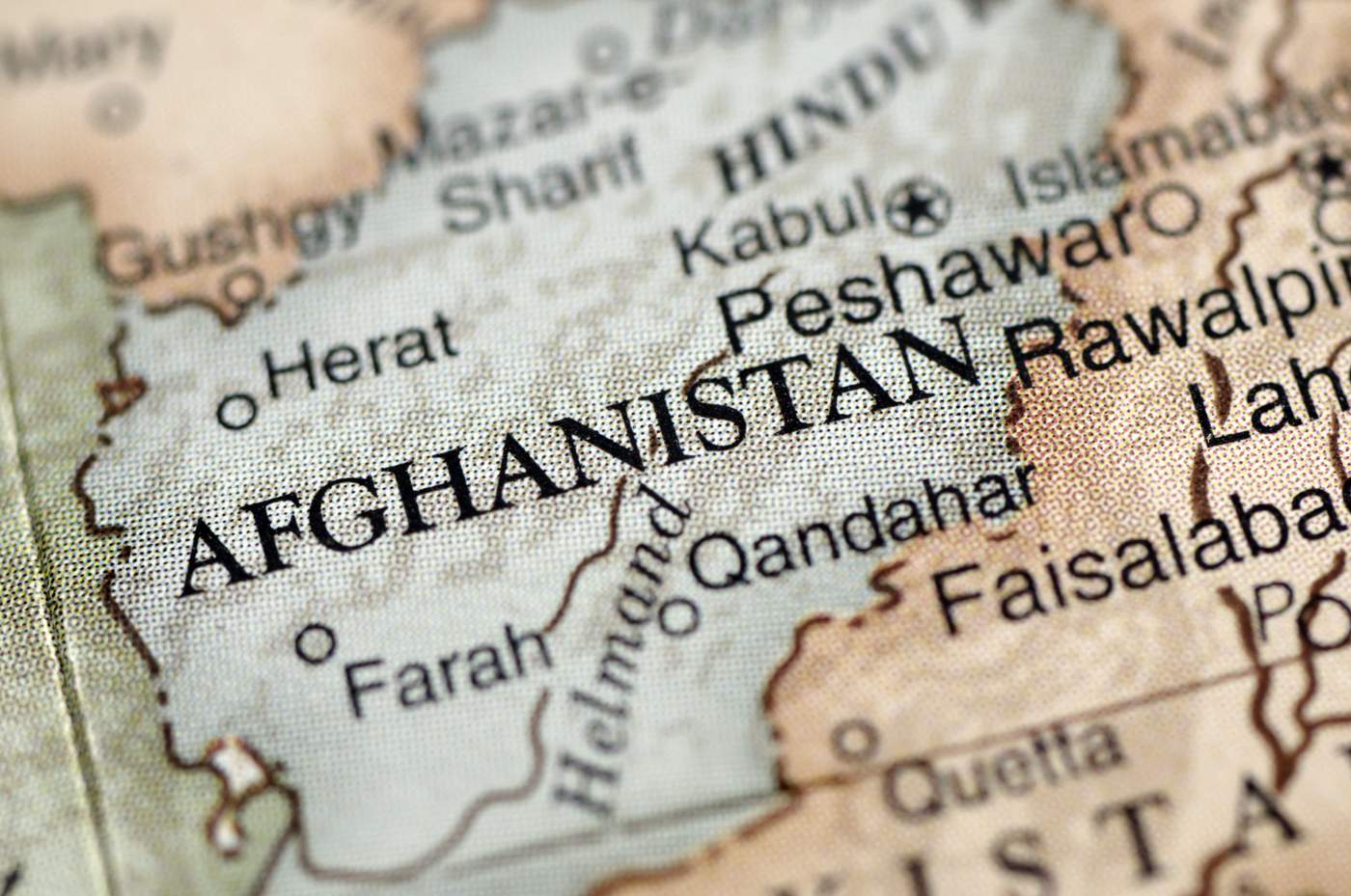Hazaras are one of Afghanistan’s largest ethnic minorities, comprising 20 per cent of their population, and there has been a long history of persecution against them. Only in 2004 Hazaras were granted equal rights under the Afghanistan constitution.
In the 1990’s, during the country’s civil war and the subsequent reign of the Taliban, life deteriorated for Hazaras, who the Taliban declared war on.

Mohammad in Iran.
Sadeq said even now, a life in Afghanistan is hard to imagine.
“Every time I go there, you feel it’s your country but it’s not,” he said.
“The worst thing about Afghanistan is the war doesn't stop … it’s been more than almost 40 years now, it’s war and war and war.
“Your life, you can’t stay there, those people you see in Afghanistan they never had any chance to live in Australia, they must stay there .
“I don’t think I can see the day when I can go there and live the same as I live in Australia.”
Mohammad is happy to be an Australian now, and said this is his home.
He is studying English and thinks perhaps he will become a mechanic. His favourite food is a barbecue.
“The life here is very easy, in Iran it is very difficult because Iran does not support the refugee people,” he said.

Sadeq Paiwandi and Mohammad Ramezin. Picture: Piia Wirsu
Mohammad appreciates Australia for the “freedom, people and culture”.
“It’s a better life here, even though we lived [in Iran] for a long time, with the problems we had it is better for us to start a new life somewhere else, it is hard, but it is better better than to be noticed as Hazaras and not to work,” Mohammad said.
After a month adjusting to their new home, when Mohammad and his family wondered what was going to happen to them, they settled into Launceston life.
Mohammad is grateful to everyone who welcomed him and his family to Tasmania, where they have found a new, peaceful life where they are not discriminated against for the features of their face.


